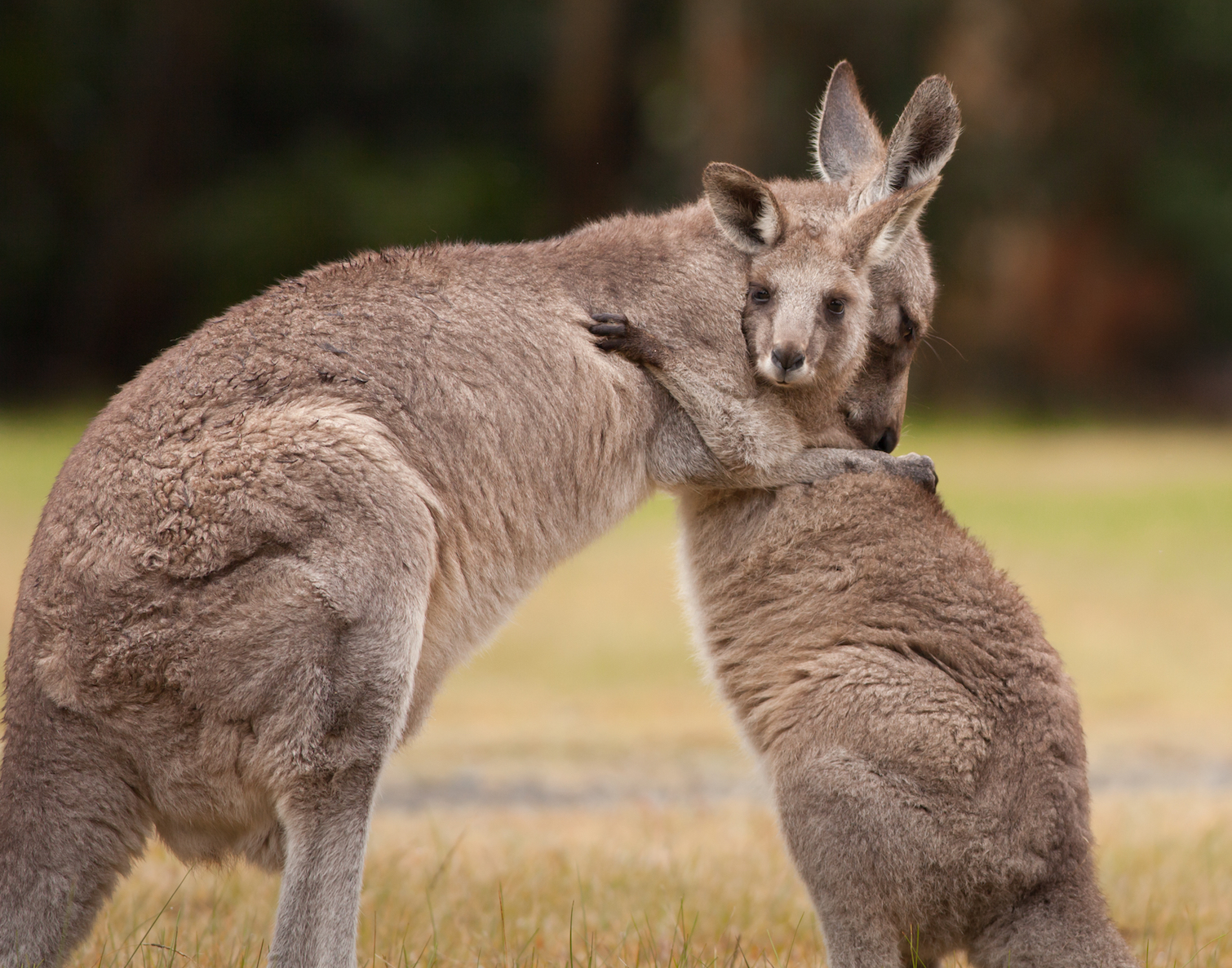
Love and attention from a mom impacts genetic code of offspring
The idea of nature vs. nurture has been the subject of much discussion and research within the scientific community for centuries. How do they influence growth and development, and is there an ideal combination of the two that provides the greatest benefit in raising offspring? A new study from Tracy Bedrosian and colleagues has produced some interesting results that may move us further down the path to answering these questions.
Bedrosian and her team set out to explore the influence of maternal care in mice on the prevalence of transposons in their offspring. Transposons are repeated genetic sequences that can spontaneously replicate within the genome. Their study focused on L1 retrotransposons, over 3,000 of which reside in the mouse genome.
The researchers monitored mother mice and their newborn pups for two weeks, then categorized them into two different groups based on low and high levels of maternal care. Maternal care was defined by the amount of licking and grooming that a pup received from its mother.
Pups that received less maternal care were observed to have significantly more transposon replication in the neurons of the hippocampus. However, this difference in replication was not observed in the heart or the frontal cortex of the brain. This indicates that it is unlikely the observed difference is a result of inherited differences in the number of L1 copies, meaning that it were ultimately influenced by maternal care. Further analysis shows that methylation of transposons may be behind this phenomenon. Methylation is where methyl groups are attached to a DNA molecule, typically acting to repress gene transcription (when DNA is copied into mRNA).
The study’s authors highlight the findings of a recent report that childhood stress and adversity lead to hypomethylation of retrotransposons in humans. However, the average human genome has only about 100 active copies compared to the 3,000 active copies in the mouse genome. Although the implications of these findings are currently unknown, revealing that maternal care can influence the brain’s genetic code in mice may lead to greater discoveries down the road.
The full results were published by the American Association for the Advancement of Science.
—
By Connor Ertz, Earth.com Staff Writer













